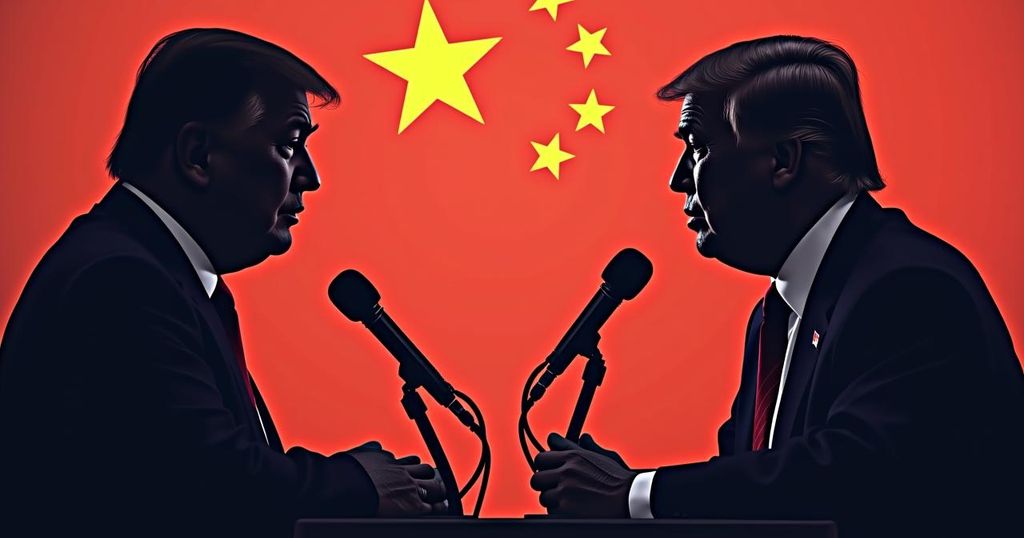Vance-Walz Debate Highlights Political Climate and Foreign Policy Concerns Ahead of Election

The Vance-Walz debate highlighted domestic issues like gun control and immigration while addressing foreign policy, particularly concerning China. Governor Walz, leveraging his experience in China, criticized former President Trump, suggesting enhanced engagement could lead to more favorable outcomes. Polls indicate a close contest, with Senator Vance having a slight edge over Walz following the debate, potentially influencing voter perceptions ahead of the upcoming election.
The recent political debate between Senator J.D. Vance and Governor Tim Walz has illuminated the contentious dynamics surrounding foreign policy discourse in the context of the upcoming U.S. election. Hosted by CBS News in New York, this singular head-to-head encounter predominantly addressed domestic issues, such as gun control, immigration, and economic concerns. However, the candidates did engage with significant foreign policy topics, including relations with China and the Middle East. Governor Walz, who has notable experience in China, having served as a teacher and orchestrated student trips, emphasized the importance of his background in fostering a nuanced understanding of global affairs. He remarked, “I would make the case that Donald Trump should have come on one of those trips with us. I guarantee you he wouldn’t be praising Xi Jinping about Covid, and I guarantee you he wouldn’t start a trade war that he ends up losing.” This statement reflects his contention that engagement and firsthand knowledge are crucial in dealing with international relationships and challenges. Polls conducted following the debate indicate that Senator Vance emerged with a slight advantage, with 42 percent of respondents viewing him as the victor against Walz’s 41 percent, and 17 percent perceiving the discussion as a tie. The focus on domestic rather than foreign policy matters suggests a strategic positioning by both candidates in responding to voter priorities.
The backdrop of the Vance-Walz debate is critical as it reflects the evolving landscape of U.S. political discourse, particularly concerning foreign relations with China, a focal point of debate given the increasing tensions associated with trade and international diplomacy. As candidates prepare for the election, understanding voters’ concerns—especially around domestic issues—becomes imperative. Governor Walz’s ties to China have attracted attention, especially following his selection as a prospective running mate for Kamala Harris, raising questions about his international perspectives and how they will be perceived in the political arena.
In conclusion, the Vance-Walz debate serves as a microcosm of the broader electoral contest wherein domestic issues take precedence, yet foreign policy remains an undercurrent in the discourse. The candidates’ approaches to China will inevitably influence their electoral fates while providing insight into their respective foreign policy philosophies. The outcome of this debate, with Vance slightly leading in polls, may have implications for party strategies leading to the election.
Original Source: www.scmp.com







